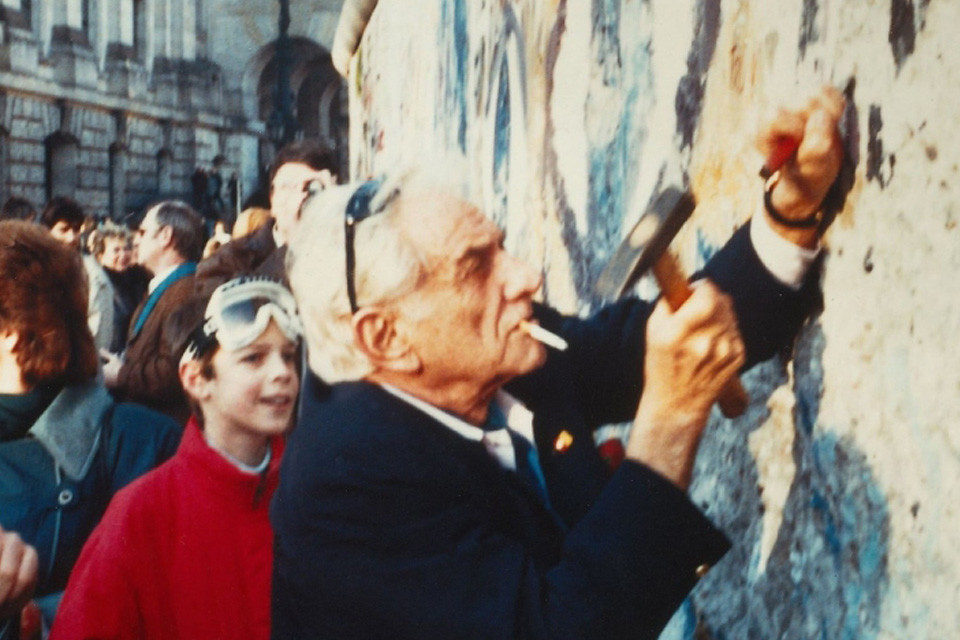Leonard Bernstein Biography
Leonard Bernstein ( BURN-styne; born Louis Bernstein; August 25, 1918 – October 14, 1990) was an American conductor, composer, pianist, music educator, author, and humanitarian. Considered to be one of the most important conductors of his time, he was the first American-born conductor to receive international acclaim. Bernstein was "one of the most prodigiously talented and successful musicians in American history" according to music critic Donal Henahan. Bernstein's honors and accolades include seven Emmy Awards, two Tony Awards, and 16 Grammy Awards (including the Lifetime Achievement Award) as well as an Academy Award nomination. He received the Kennedy Center Honor in 1981. As a composer, Bernstein wrote in many genres, including symphonic and orchestral music, ballet, film and theatre music, choral works, opera, chamber music, and pieces for the piano. Bernstein's works include the Broadway musical West Side Story, which continues to be regularly performed worldwide, and has been adapted into two (1961 and 2021) feature films, three symphonies, Serenade after Plato's "Symposium" (1954), and Chichester Psalms (1965), the original score for the Elia Kazan drama film On the Waterfront (1954), and theater works including On the Town (1944), Wonderful Town (1953), Candide (1956), and his Mass (1971). Bernstein was the first American-born conductor to lead a major American symphony orchestra. He was music director of the New York Philharmonic and conducted the world's major orchestras, generating a legacy of audio and video recordings. Bernstein was also a critical figure in the modern revival of the music of Gustav Mahler, in whose music he was most interested. A skilled pianist, Bernstein often conducted piano concertos from the keyboard. He shared and explored classical music on television with a mass audience in national and international broadcasts, including Young People's Concerts with the New York Philharmonic. Bernstein worked in support of civil rights, p...























![Stream & download Bernstein: Candide Overture; Symphonic Dances from West Side Story; Symphonic Suite from On The Waterfront; Fancy Free Ballet [Expanded Edition]](https://is5-ssl.mzstatic.com/image/thumb/Features114/v4/89/bd/2f/89bd2f40-5997-4501-3ca4-ac0b692c2680/dj.fytmqvzd.jpg/100x100.webp)



























































